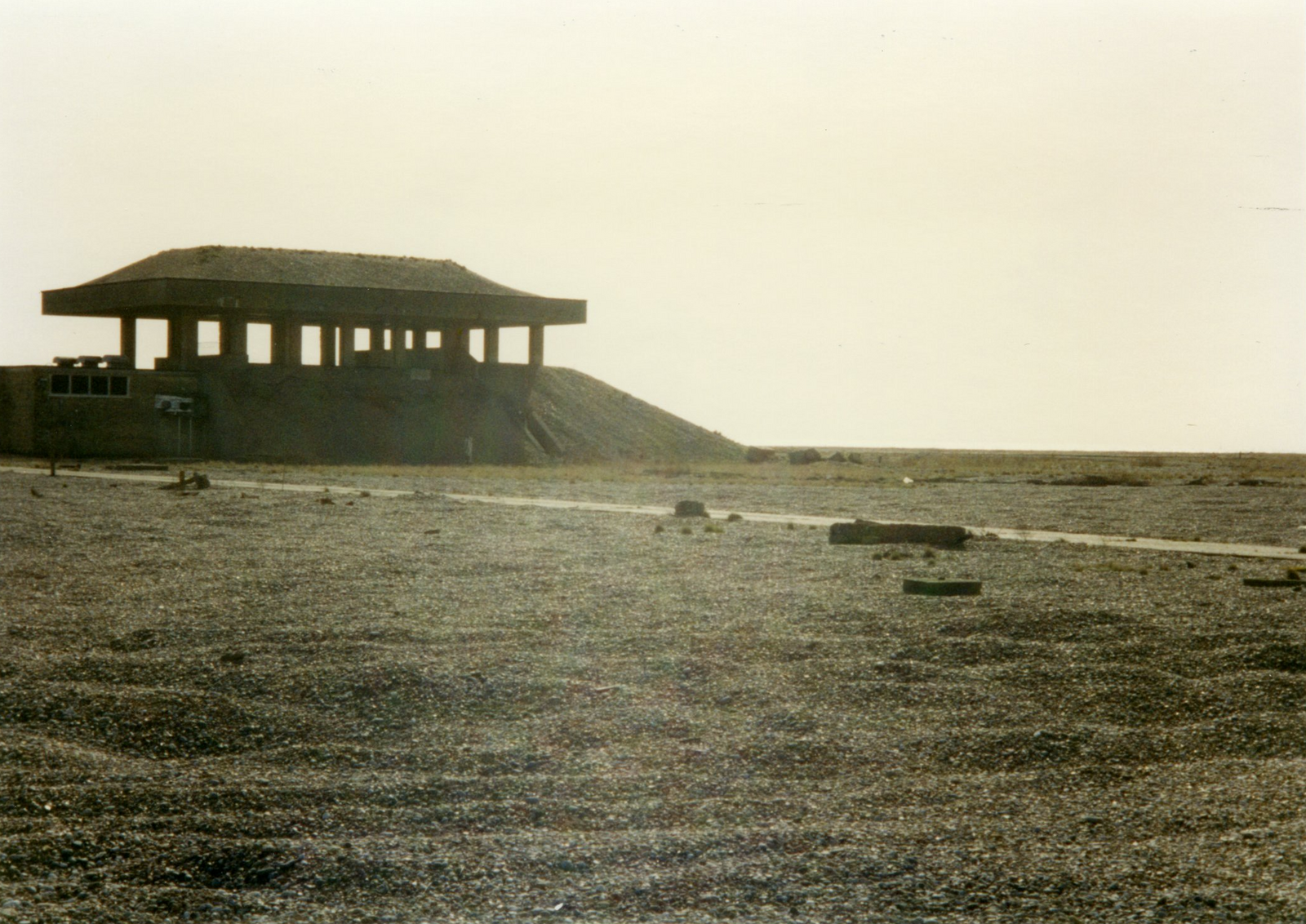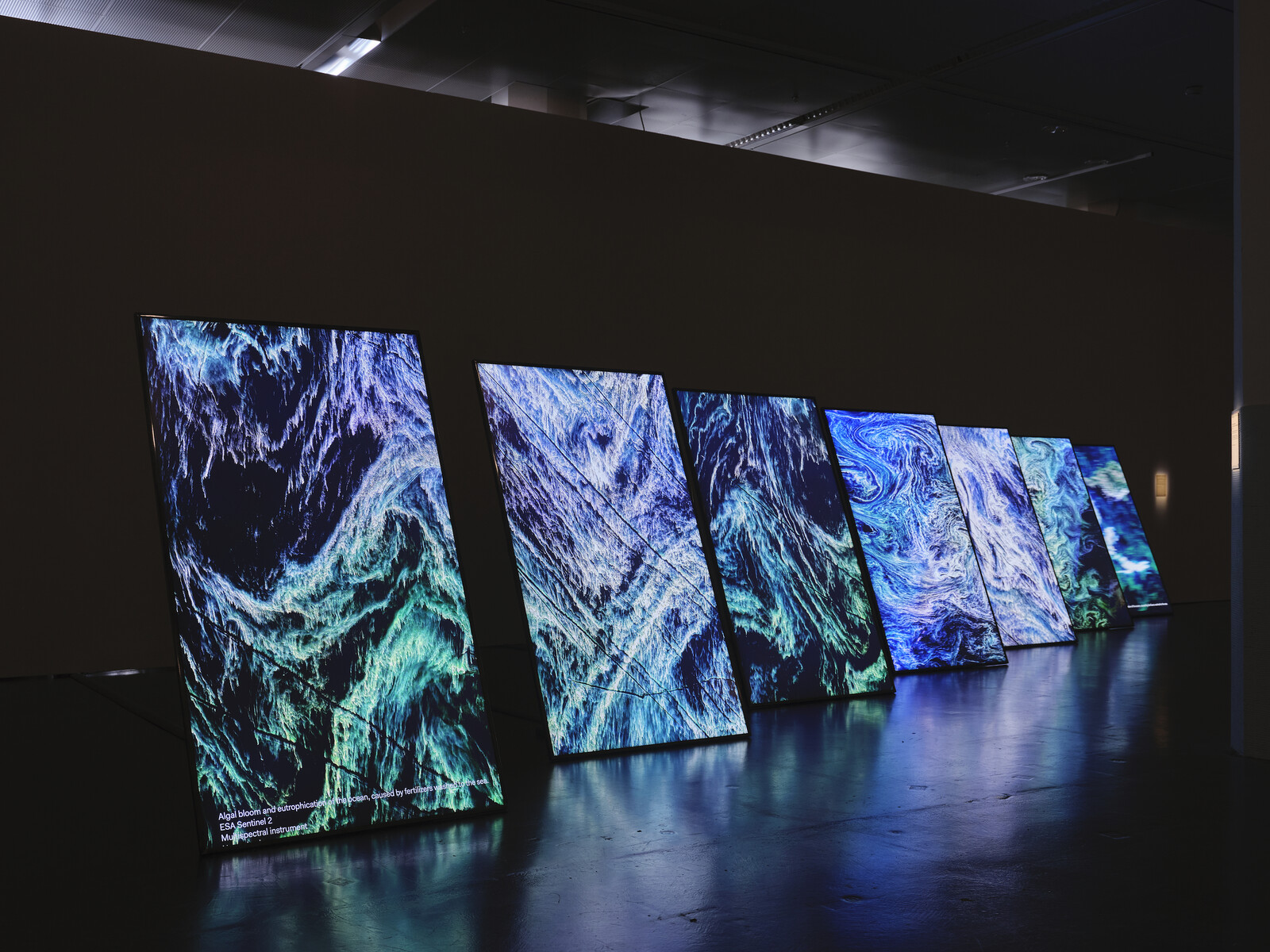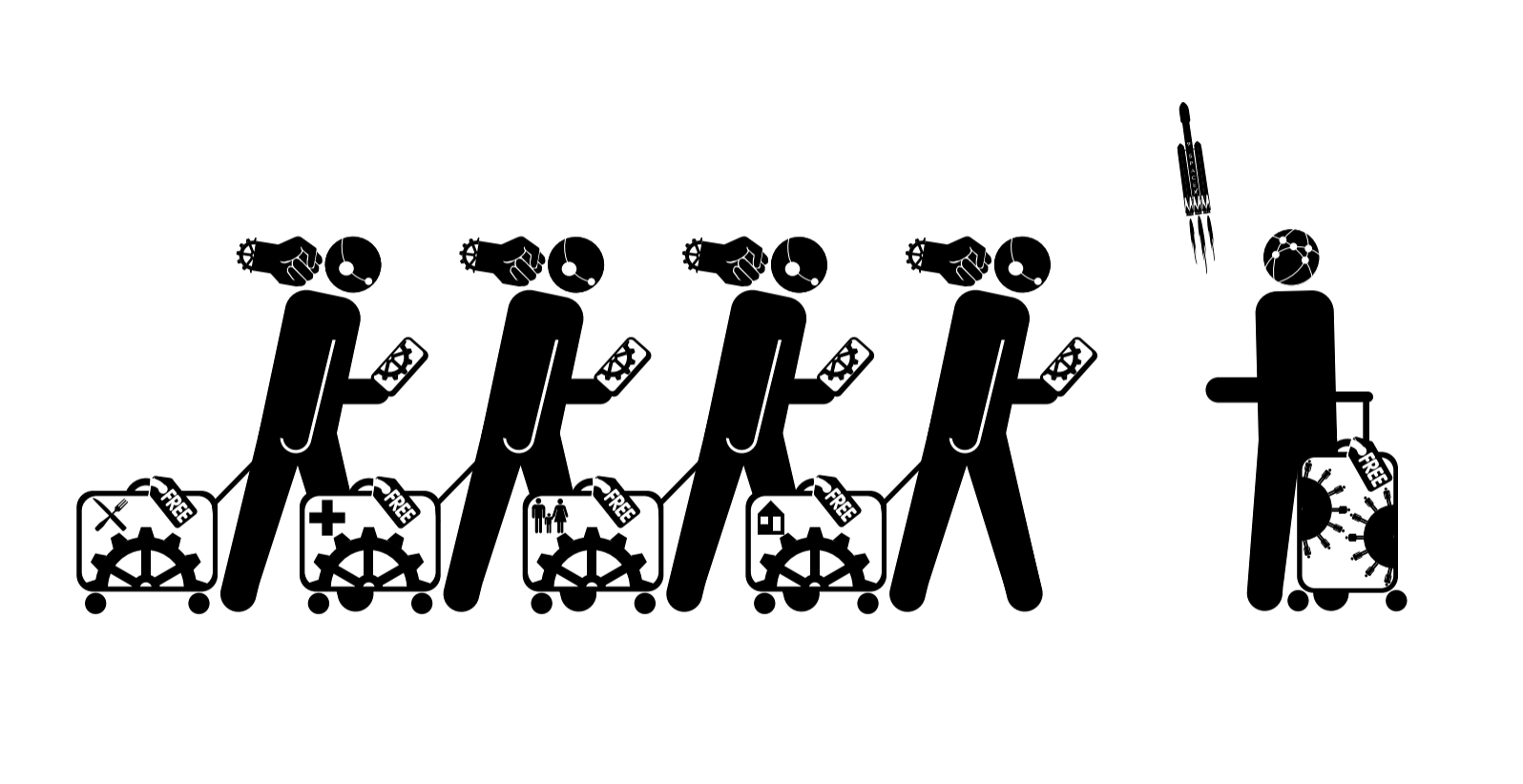Categories
Subjects
Authors
Artists
Venues
Locations
Calendar
Filter
Done
May 31, 2024 – Feature
Shadows of Reality: A Catalogue of W.G. Sebald’s Photographic Materials
Brian Dillon

“The photograph is meant to get lost somewhere in a box in an attic. It is a nomadic thing that has only a small chance to survive.” W. G. Sebald was not the first writer of fiction to punctuate his prose with darkling snapshots and other photographic fragments. In 1892 the Belgian Symbolist Georges Rodenbach reproduced vacant canal scenes and brooding convents in his novel of obsession and uncanny doubling, Bruges-la-Morte. More renowned: André Breton’s inclusion of Parisian fragments and photographic montage in Nadja (1928). Sebald was well informed about such precursors, as also the Benjamin-Sontag-Barthes axis that sees photographs as phantasmic remnants and memento mori. But images in (and by) Sebald have a more vivid and varied life than this spectral-surreal lineage allows.
Until recently, the German author’s photographic habits and motivations have mostly been gleaned from interviews—he died in 2001—and from the books themselves, in which images of characters, landscapes, architecture, and historical disaster may or may not match the “real” thing. So many ways of saying: They are not illustrations, you know. What, then? There is no simple answer in Shadows of Reality, a lavish volume that collects as far as possible (with restrictions from his estate) …
December 21, 2020 – Feature
Bruno Latour and Peter Weibel (Eds.), Critical Zones
Sam Solnick

One of the many ways that I ameliorated my lockdown boredom was to watch David Attenborough’s new Netflix show Our Planet. Each episode begins with a shot of an “Earthrise”—our planet emerging into view as if we were standing on the moon—while the nation’s favorite grandfather intones a warning about the declining “wonders” of the natural world, and insists that we must act so that “people and nature thrive.” These are laudable sentiments but, as suggested by Critical Zones, a gargantuan new collection of multi-disciplinary writings edited by Bruno Latour and Peter Weibel and published alongside the eponymous exhibition at Karlsruhe’s ZKM Center for Art and Media, such planetary long-views from space can be part of the problem.
Attenborough’s narrative of biodiversity loss focuses on one species’ (humans’) capacity to wreak massive environmental change in the fifty-odd years since Earth was first photographed from the moon. However, as Timothy M. Lenton and Sébastien Dutreuil’s entries in Critical Zones explain, life (as in the totality of everything that lives) has always adapted the planet, albeit on a different time scale. Life is not a passive actor adapting to an inert environment; it transforms that environment, making it habitable. Earth is, …
September 30, 2020 – Feature
Maria Hlavajova and Sven Lütticken (Eds.), Deserting from the Culture Wars
R.H. Lossin

Desertion is a compelling and complex political strategy. It is the opposite of joining—which is a precondition for political action almost by definition—and it signals more than simply dropping out or quietly withdrawing. Desertion implies active enlistment—voluntary or involuntary—and thus describes either a process of disillusionment or a breaking point. Such militaristic language also raises the stakes of departure: while civilians might make a decision to quit a job, leave a city, or cancel membership of an organization, “desertion” has serious consequences. It is an act that risks real civil and social exile.
The notion of cultural desertion is also, for better or worse, inherently utopian: it requires an elsewhere to escape to. To suggest that we might be able to make a genuine exit from a cultural condition marked by polarized, irrational, and uncritical discourse is to invoke a revolutionary horizon. Deserting from the Culture Wars, a collection of essays by writers, artists, and curators, edited by Maria Hlavajova and Sven Lütticken, promises to explore the possibilities that might arise if the “volunteer army” of cultural producers refused to “play these war games.”
The term “culture wars” was popularized by sociologist James Davison Hunter in his 1991 book …